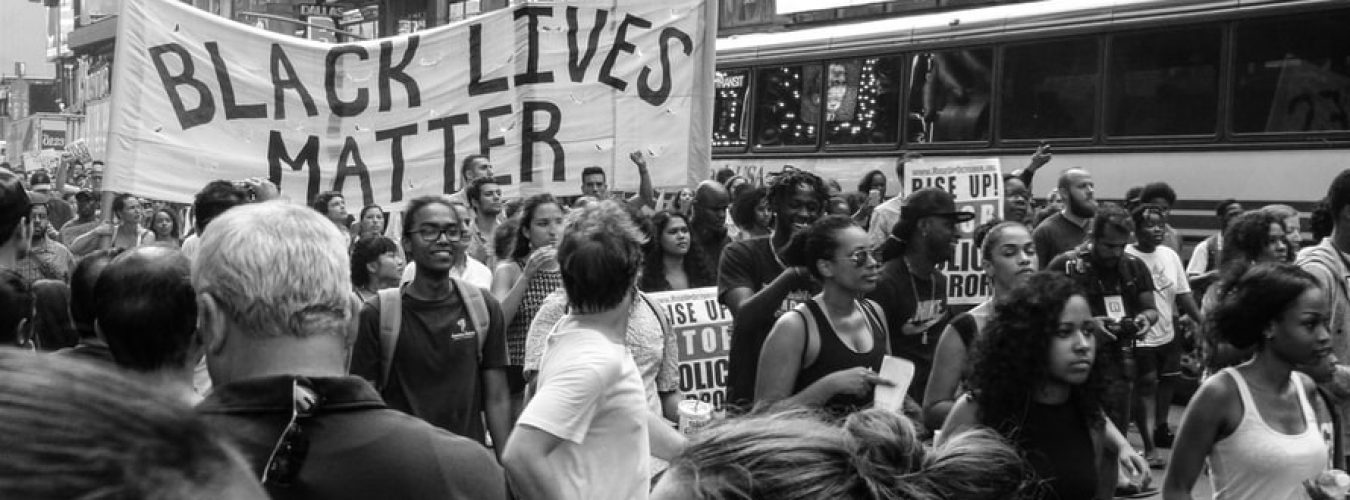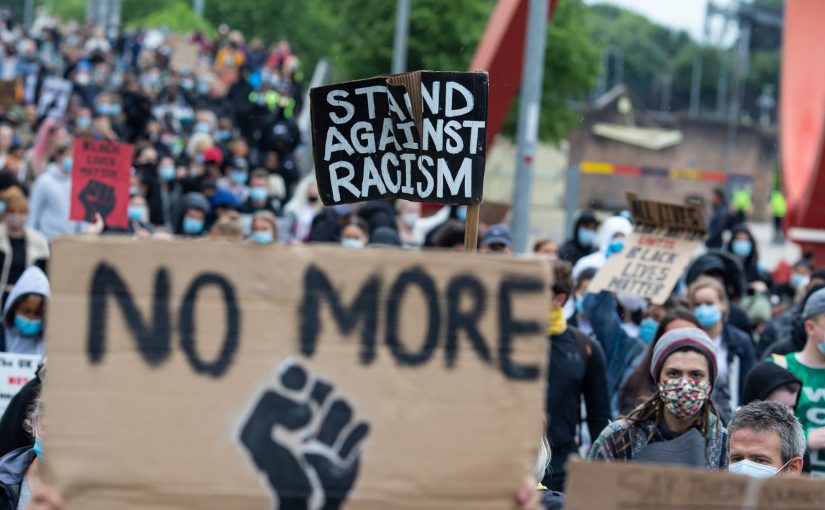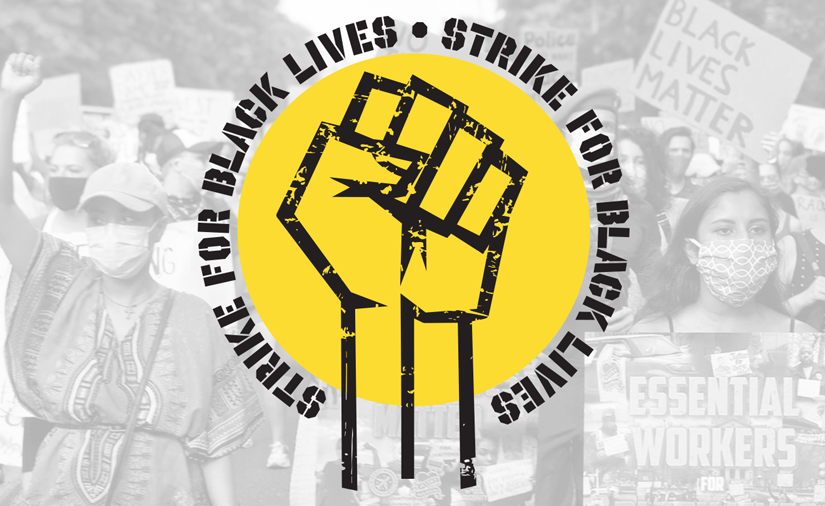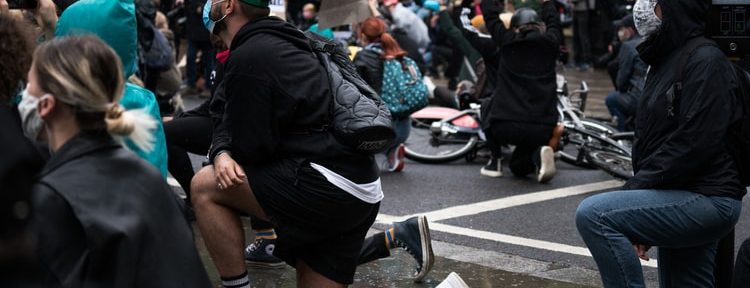Although the Black Lives Matter Movement was initially established in response to police brutality, progressive organizations and unions that have been organizing low-wage employees have taken the opportunity to use the platform to advocate for economic justice. At the forefront of these efforts is the SEIU, which has allocated millions of dollars to campaigns aimed at raising the minimum wage across America.
Since George Floyd was killed in police custody, there has been a rise in racial injustice movements focused on systemic racism as well as police killings. A great number of low wage employees who are demonstrating for better wages comprise people of color. The coronavirus pandemic has forced workers in the low-wage bracket, whether organized in unions or not, to hold demonstrations and demand for safety processes in the workplace, increased testing for infection, paid sick leave, and hazard pay. The message by the demonstrators is simple, if we are concerned about police brutality and police killings, we should also be concerned about individuals who are being put in lethal circumstances and dying due to economic exploitation.
Although the Strike for Black Lives demonstrations of 20th July 2020 addressed many of these demands, it seemed that the matter of race in the labor movement was being skirted. Another thing that wasn’t highlighted was how police unions protect rogue police officers. Apprentice systems that tend to be in favor of white people, especially in unions representing construction workers, firefighters, and dock workers also went unmentioned.
Although racial prejudice continues to persist in the union movement as it does in corporate America, events in 2020 such as the Strike for Black Lives have ushered in a new dawn for unions to rethink their structures. It is the beginning of an era that aligns racial justice and worker justice. The convergence of workers’ rights and racial justice and inclusiveness comes at a time when the labor movement’s higher echelons, which have been predominantly occupied by white people are becoming more diversified.
Persistent systemic and structural racism, a global COVID19 pandemic, and economic depression have converged in a perfect storm, and this has put the lives of the black working class at unprecedented high risk. This is why the Strike for Black Lives was so important, not just to America but to the entire world. It was a stand of solidarity among people from the racial, ethnic, political, and religious divide. It was a message to all that black lives matter, no more, nor less. The Strike for Black Lives has not only put scrutiny on police brutality, but has opened up the conversation about the weaknesses and biases of our existing systems, and this will encourage better and more inclusive systems.…



